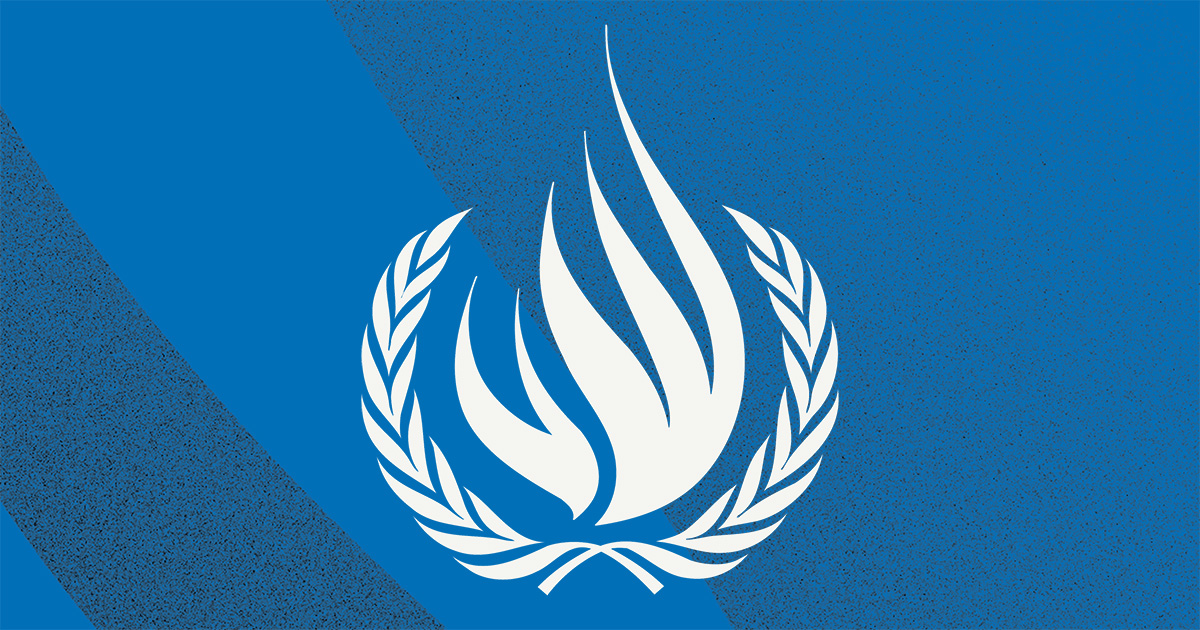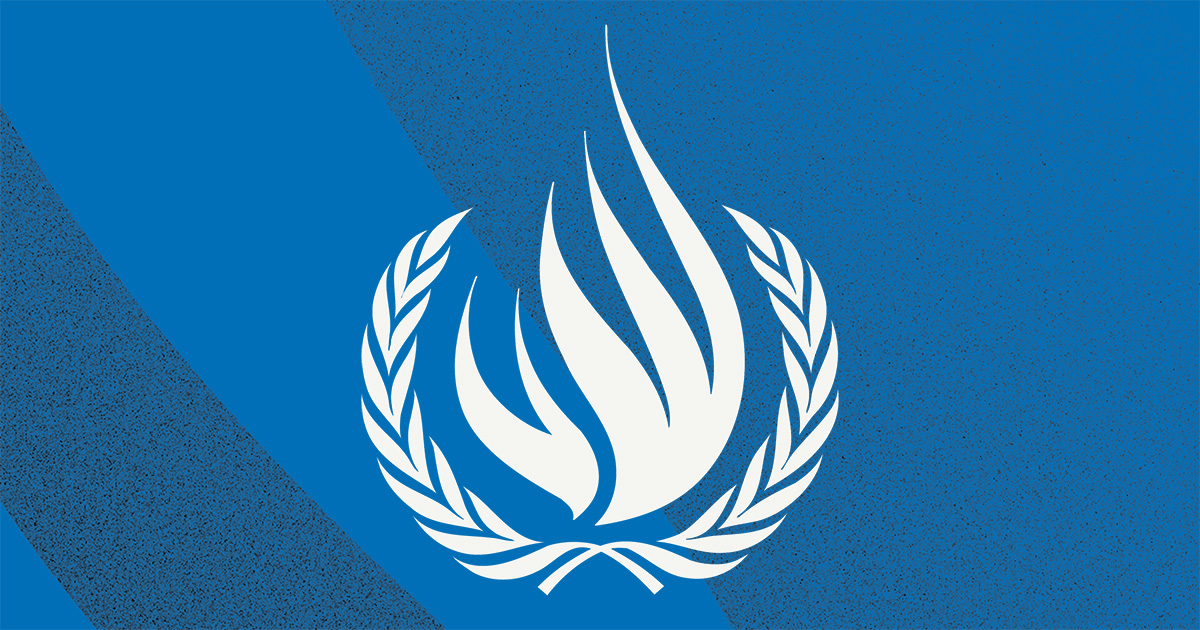
GENEVA (24 April 2024) – The UN Special Rapporteur on violence against women and girls, Reem Alsalem, today welcomed the recent commitment by the UK Secretary of State for Health and Social Care to implement recommendations contained in the Independent Review of gender identity services for children and young people (Cass Review), and announcements by NHS Scotland and the Welsh Government that they would suspend the prescription of puberty blockers to children in the wake of the report’s findings. The Special Rapporteur issued the following statement:
"The final report of the Cass Review highlights the recent sharp increase in referrals to the National Health Service’s (NHS) Gender Identity Development Service (GIDS) of young people, particularly girls, experiencing gender incongruence/dysphoria. According to the report, between 2009 and 2016, the number of adolescent girls referred to GIDS increased from 15 to 1071.
The Cass Review, led by an independent consultant pediatrician, Dr. Hilary Cass, over a four-year period, stresses the importance of considering this phenomenon within the context of poor mental health and emotional distress affecting the broader adolescent population.
I welcome the report’s insights into the increasing number of children and young people being referred to NHS support about their gender identity, and the extraordinarily high number of teenage girls who have been impacted by anxiety and depression in recent years. They are more prone to low self-esteem and body image dissatisfaction. Additionally, the report addresses challenges faced by same-sex attracted children who have suffered from homophobia by wider society or within their families, or who have struggled with accepting their sexual orientation.
The Cass Review recommends adopting a holistic approach to care for children, including girls seeking gender therapy, instead of rapidly initiating permanent gender transition pathways that usually begin with puberty blockers, which could cause temporary or permanent disruption to brain maturation. The review also made an important to address the root causes of their distress, while considering the high rates of co-existing neurodiversity and mental health issues.
I also appreciate the review highlighting the needs of those who have discontinued gender transitioning, known as “detransitioners” – most of whom are girls – and recommending the establishment of a specialised service to support them. Far too long, the suffering of this group of children and adults has been ignored or discounted. The report’s findings and recommendation signals that they have been heard, seen, and that their specific needs have been recognised.
The review also expressed criticism about the tendency to equate inquiries into any underlying psychological or mental health issues with conversion therapy, preventing children from getting the comprehensive support they deserve. In my statement issued at the end of my visit to the United Kingdom in February 2024, I acknowledged the profile of girls seeking “gender affirming interventions” and underlined the need for any legislation on conversion therapy to ensure that it does “not prevent these young women being supported holistically…” and that it “should ensure transition does not become the only option that is acceptable to discuss with them.”
The Cass review findings and recommendations are seminal, and its implications go beyond the United Kingdom. While the Cass Review may not have framed its conclusions and findings explicitly in human rights language, it has – in my view – very clearly shown the devastating consequences that policies on gender treatments have had on human rights of children, including girls. These policies have breached fundamental principles, such as the need to uphold the best interest of the child in all decisions that affect their lives, and the right of children to the highest attainable standards of health.
The review also acknowledges the “toxicity of the debate” surrounding gender treatments, calling for nuanced discussions about “how best to understand and respond to the children and young people at the center of the debate.” In May 2023, I stressed the need to ensure that individuals, including researchers and academics, who express their views on such interventions “are not silenced, threatened or intimidated simply for holding and articulating such views”.”
Reem Alsalem is theSpecial Rapporteur on violence against women and girls, its causes and consequences.
The Special Rapporteurs are part of what is known as the Special Procedures of the Human Rights Council. Special Procedures, the largest body of independent experts in the UN Human Rights system, is the general name of the Council’s independent fact-finding and monitoring mechanisms that address either specific country situations or thematic issues in all parts of the world. Special Procedures’ experts work on a voluntary basis; they are not UN staff and do not receive a salary for their work. They are independent from any government or organization and serve in their individual capacity.
For more information and media request please contact: (hrc-sr-vaw@un.org).
For media inquiries related to other UN independent experts, please contact Dharisha Indraguptha (dharisha.indraguptha@un.org).
Follow news related to the UN’s independent human rights experts on Twitter @UN_SPExperts.







